Studio Interview - Layer
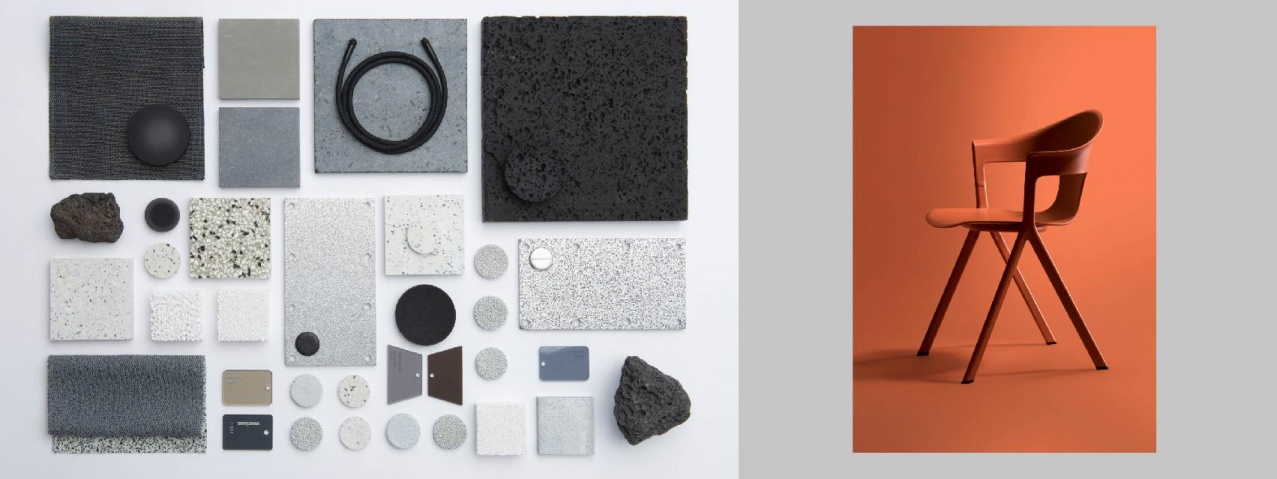
London, United Kingdom
www.layerdesign.com
Founded by award-winning British design entrepreneur Benjamin Hubert, Layer is a close-knit team of industrial and digital designers, engineers, artists, researchers and branding specialists from around the world. They create products that they hope will help define the way we live, work, travel and communicate in the future, from smart wearables and furniture systems to the next generation of AI and communication tools.
Situated in the heart of East London, Layer aims to “transform human-centred insights into evocative design stories that resonate with people and their lifestyles”. The firm has received three Highly Commended accolades at the Fast Company’s annual Innovation By Design Awards, including product design and creative direction for Nolii, Axyl for Allermuir and Playr, an innovative new wearable designed for Catapult to enable amateur footballers to prepare, perform and recover like the world’s best.
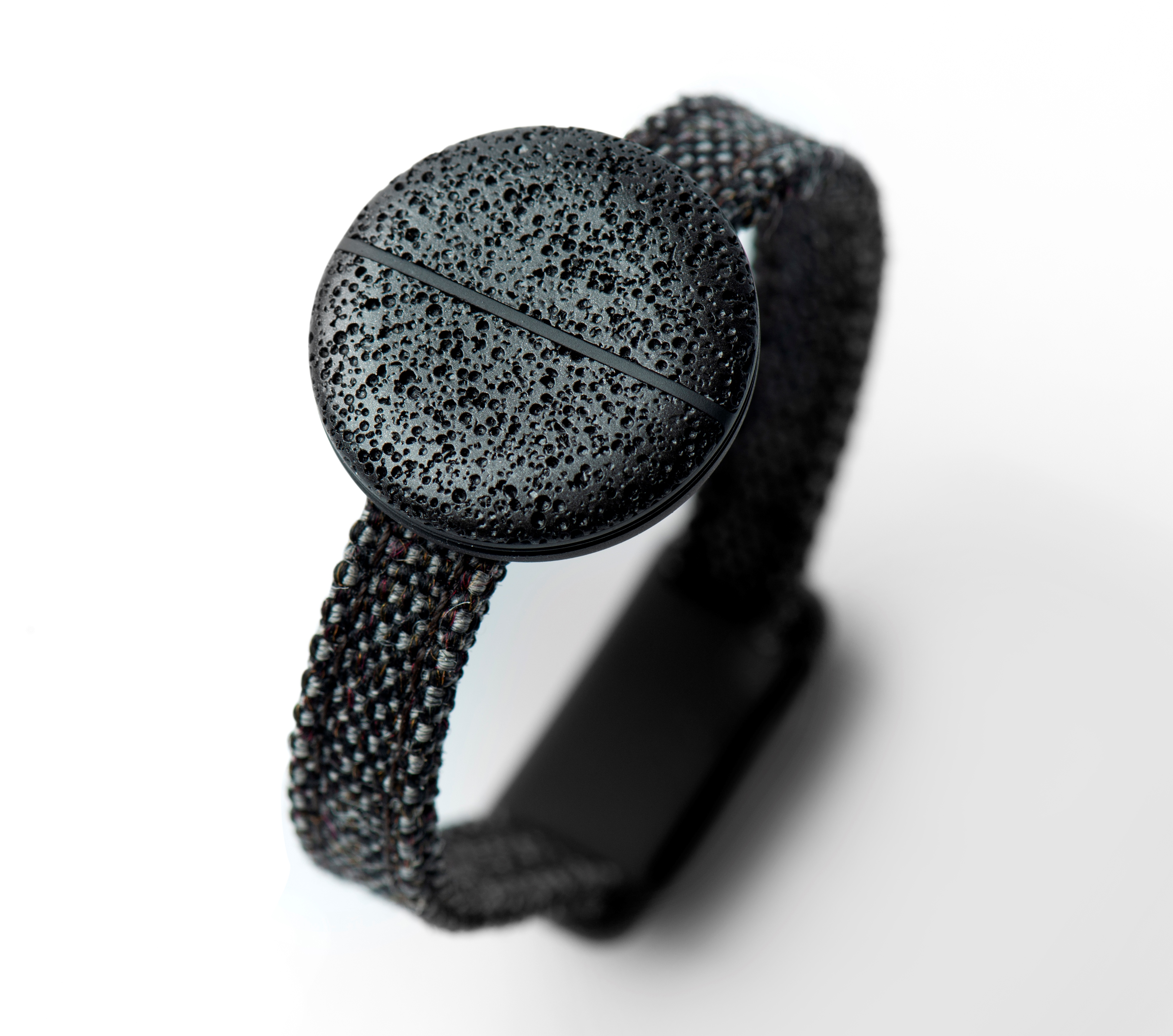
|
What are your thoughts on the current state of crypto currencies and how does TROVE fit in? Usage of crypto currencies has been growing slowly but steadily since 2009, when Bitcoin was developed, and will soon be widespread as a form of currency. There are currently over 1,384 different crypto currencies available. Bitcoin was the first crypto currency, and remains the best-known and largest blockchain network, followed by Ethereum, Ripple, Bitcoin Cash, Cardano, and Litecoin. For crypto-currencies to become more widely used, they have to first gain widespread acceptance among consumers. TROVE simplifies and amplifies the crypto currency experience as a modern fashion accessory, and addresses some of the limitations currently faced by crypto currencies — such as the fact that a user’s digital fortune can be lost if a password is forgotten, or that a virtual wallet may be ransacked by a hacker. |
What are some of the thought processes behind the making of the GO wheelchair?
We listened to the stories of wheelchair users and medical practitioners and then translated those stories into insights that helped us to transform the wheelchair as we know it today.
Wheelchair users are seated for up to 18 hours each day and associated injuries and discomfort are commonplace. The made-to-measure seat (via 3D printing) of the GO wheelchair accurately fits a user’s form, helping to reduce pressure points and the issues they cause.
One of the primary concerns of wheelchair users who took part in the research conducted by the studio was the stress and strain involved in self-propelling. The GO wheelchair has super tactile push rims with a surface designed to lock into the GO wheelchair glove system, also designed by Layer, to deliver greater power-to-push ratio. This unique system — the first of its kind — decreases the risk of injury and painful conditions common to wheelchair users, such as arthritis in the shoulders.
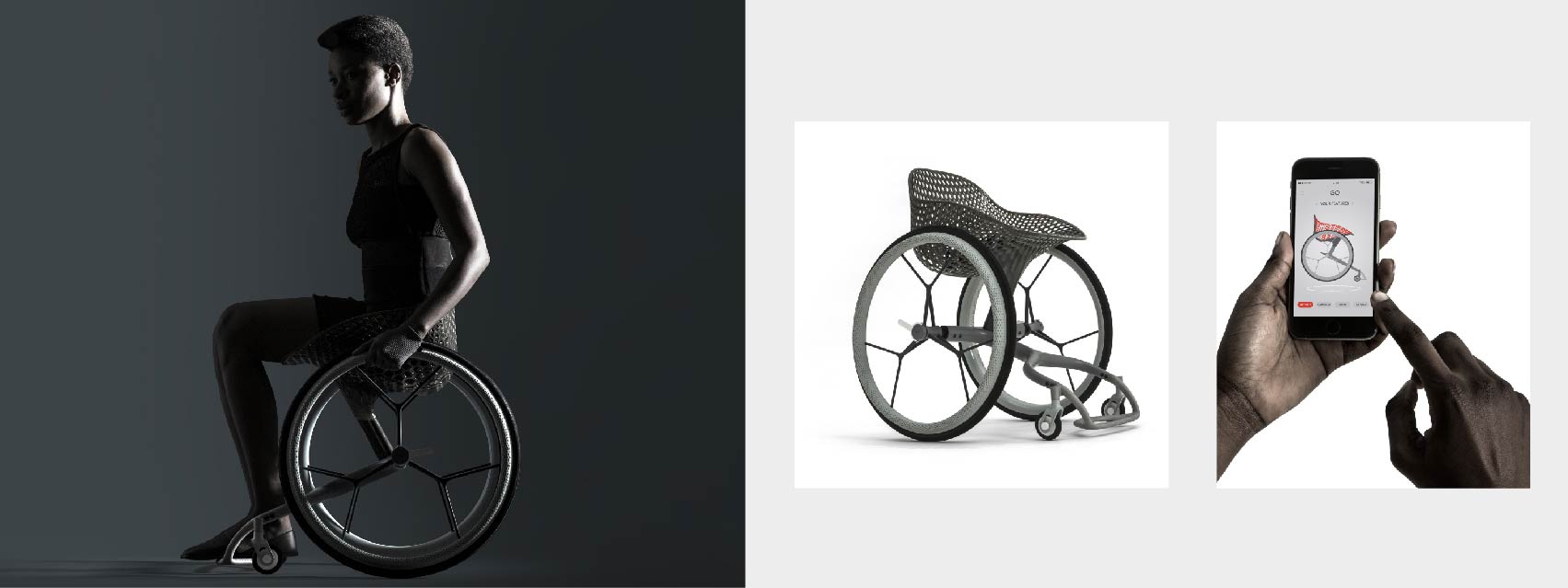
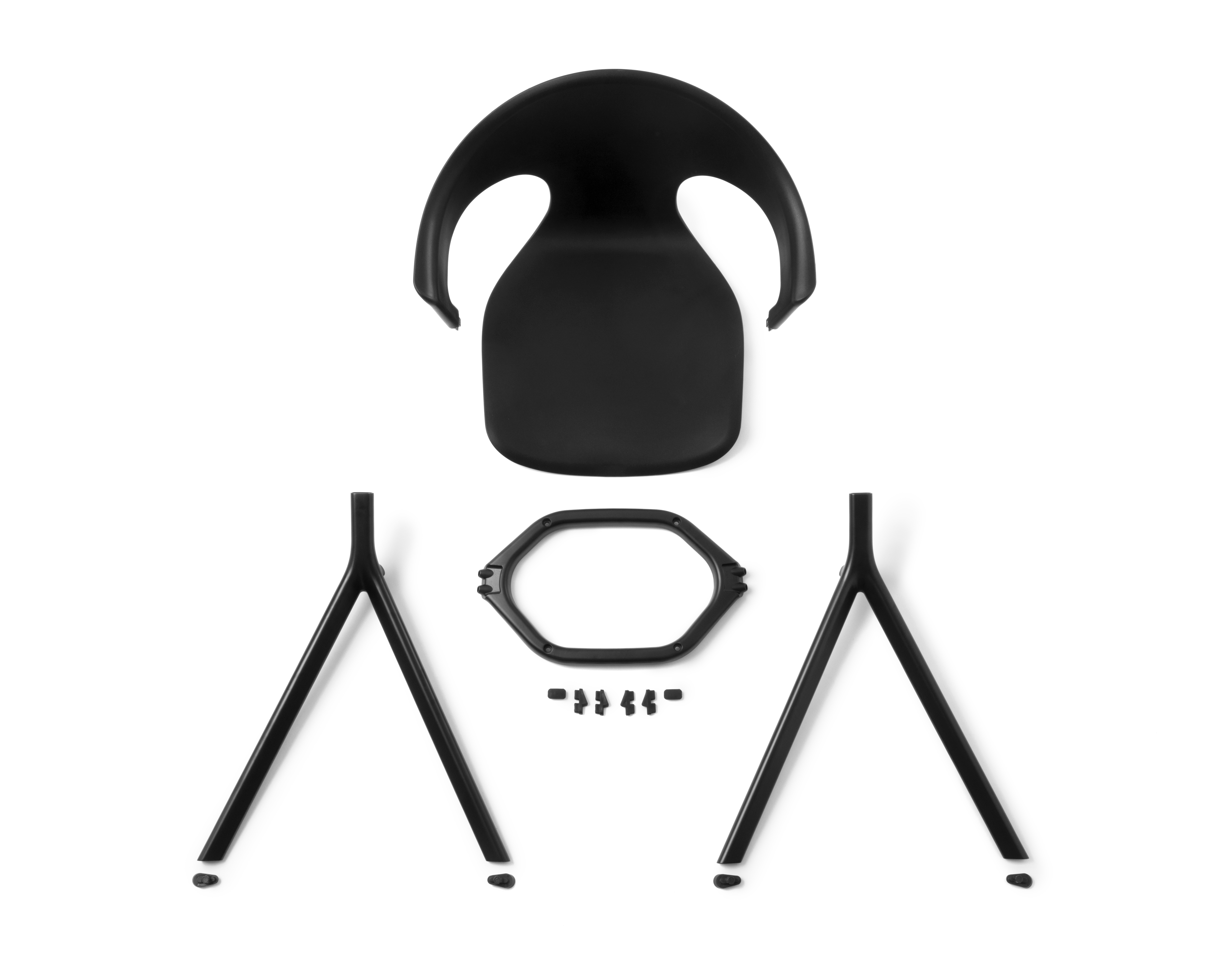
|
What are your design philosophies when designing products such as the AXYL collection? At Layer we focus on finding new forms and formats that deliver something visually unique to the market whilst exceeding the necessary functional requirements. With the AXYL collection, I believe we have created a stacking chair with a truly new expression embodied in the identifiable inverted ‘Y’ silhouette of the aluminium casting.” The AXYL collection is part of our ongoing commitment to working with companies to lower their impact on the environment. The recycled aluminium in the Y-frame of the chairs uses just 5% of the energy required to create new aluminium and also offers significant cost savings; the chair shells, stool tops and café table tops are available in a variety of low-impact materials, including recycled wood fibre, reclaimed timber and recycled nylon, offering an efficient way of re-using waste product from the furniture industry. |
Others
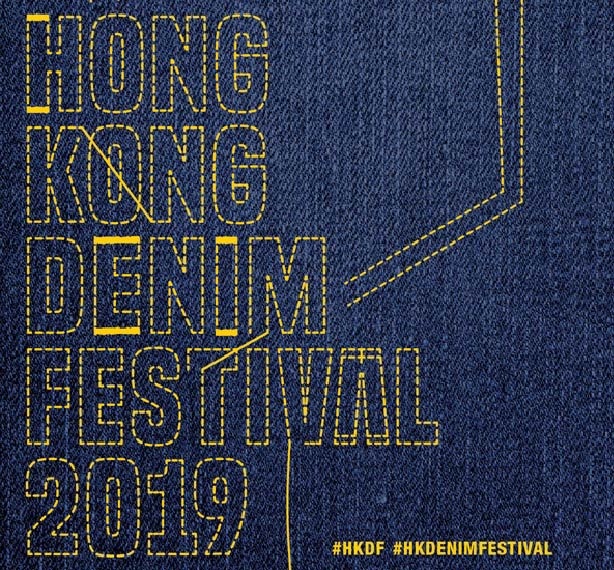
Latest News | 1 March 2019
Celebrating nearly 150 years of denim culture
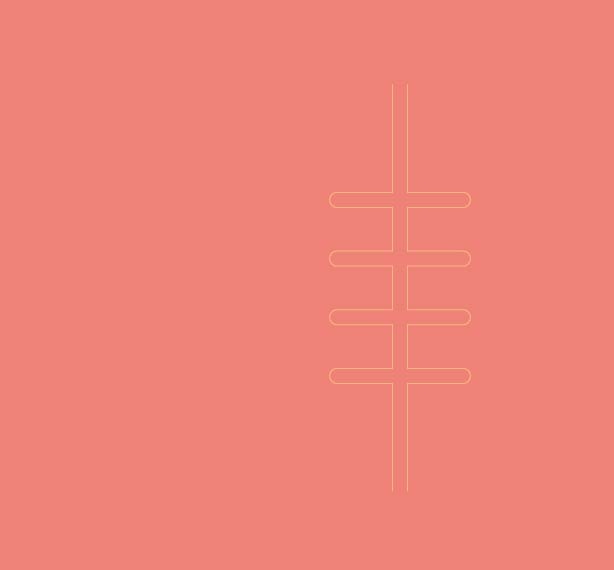
Latest News | 1 March 2019
Muddied oafs or deep design thinkers?
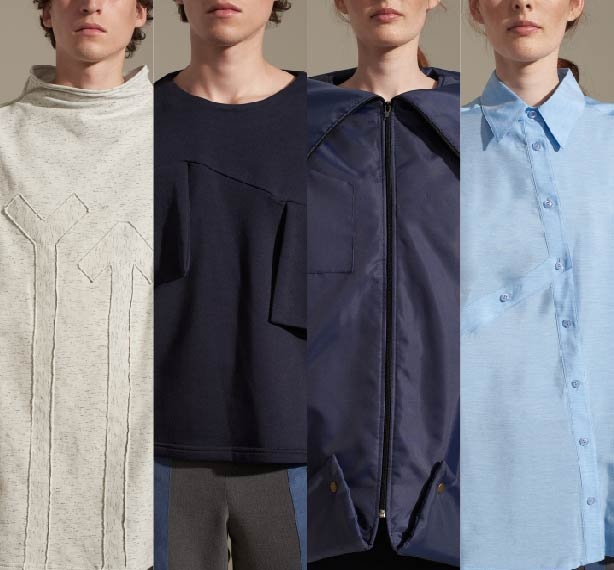
Latest News | 1 March 2019
Studio Interview - Perceptual Thinkers
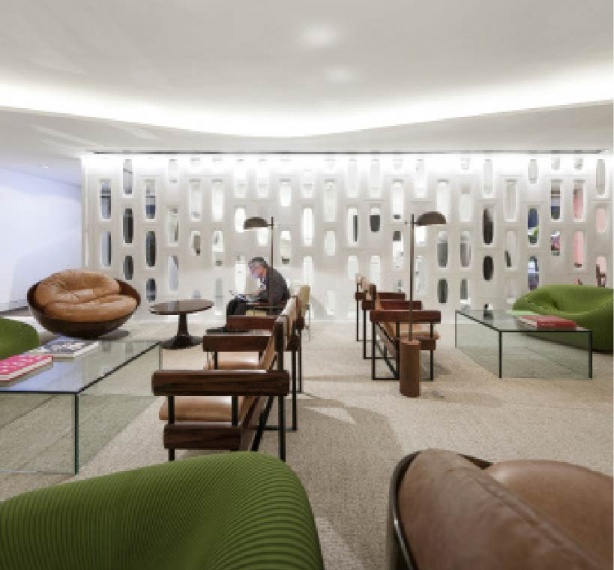
Latest News | 1 March 2019
Studio Interview - Oppenheim Architecture
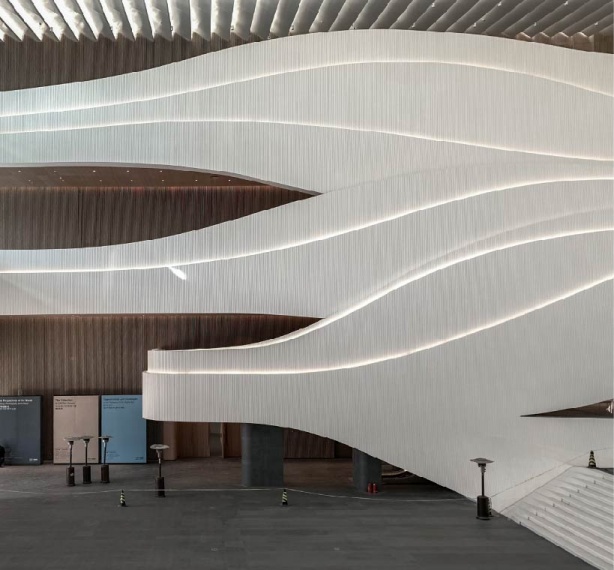
Latest News | 1 March 2019
Studio Interview - Way Studio
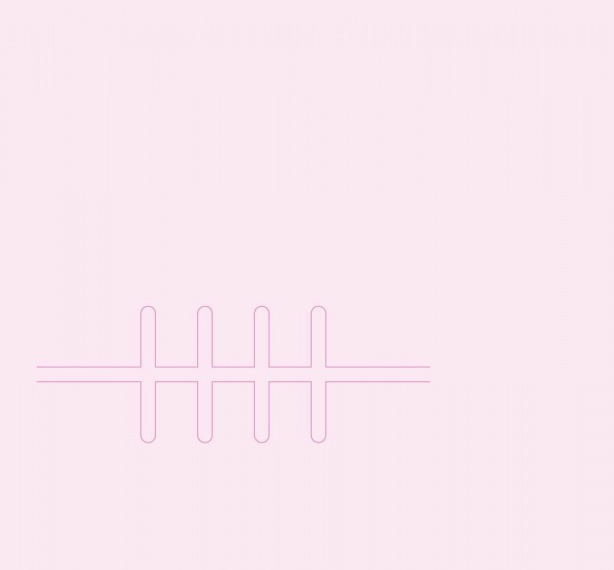
Latest News | 1 March 2019
Governments opting for practice over theory
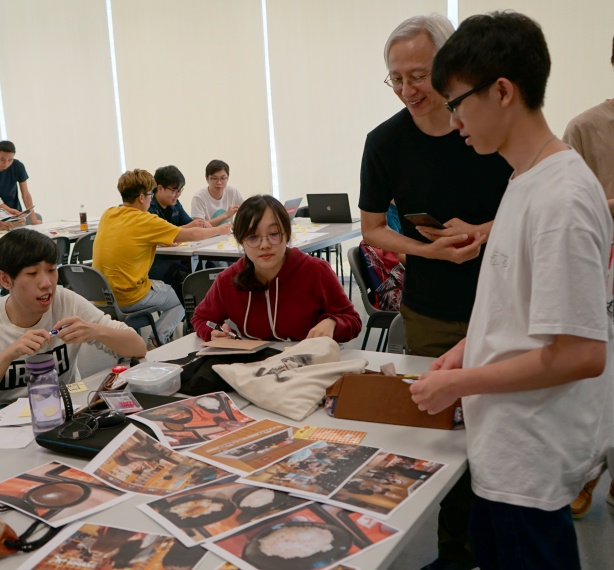
Latest News | 1 March 2019
Master Thinker on Tech X Design: Bernard Suen
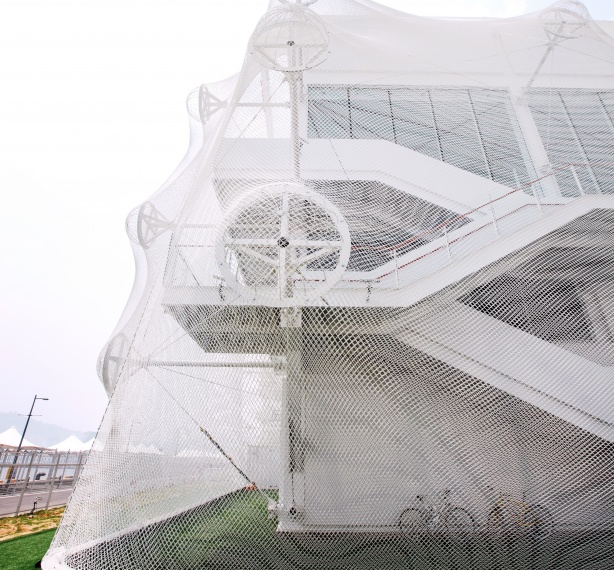
Latest News | 1 March 2019
Master Thinker on Architecture X Design: Aaron Tan
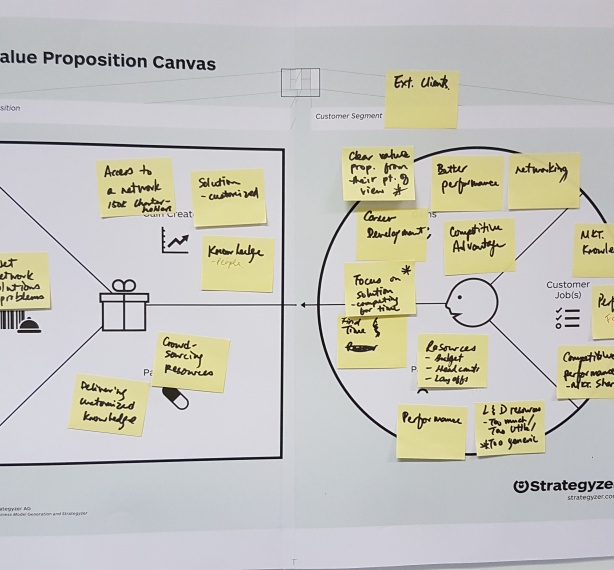
Latest News | 1 March 2019
Master Thinker on Consultancy X Design: Iva Sladic Keco
